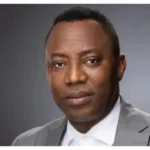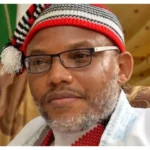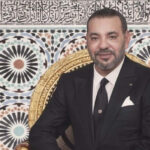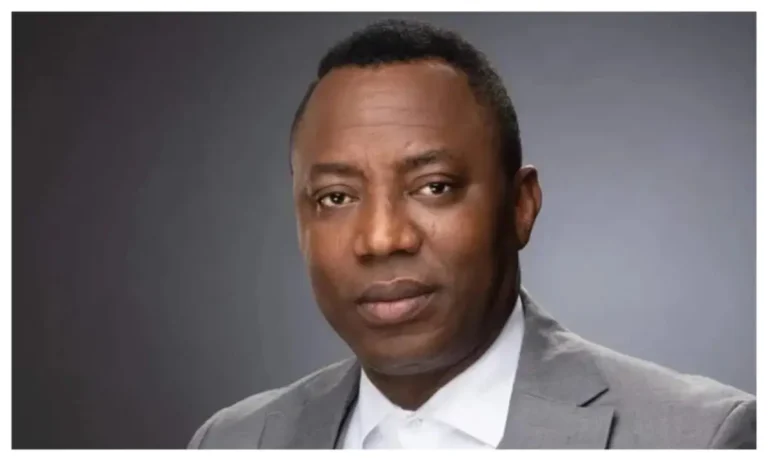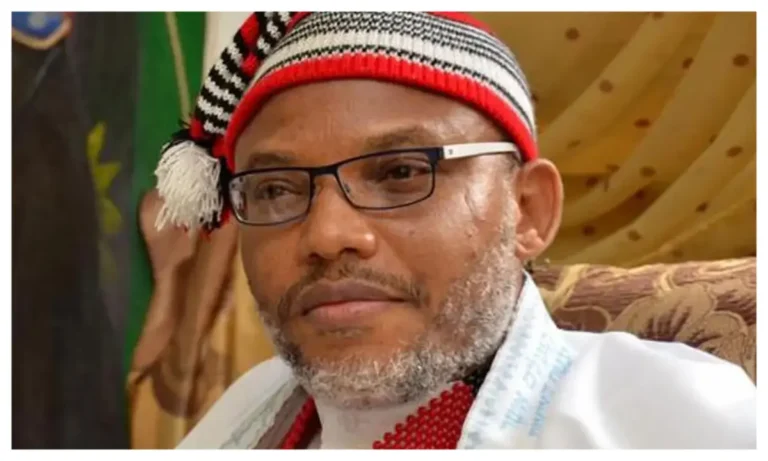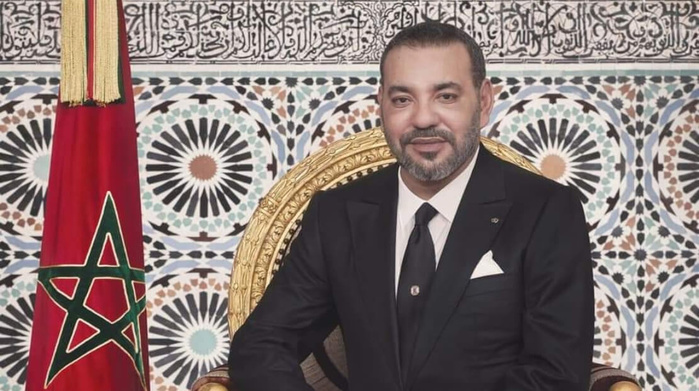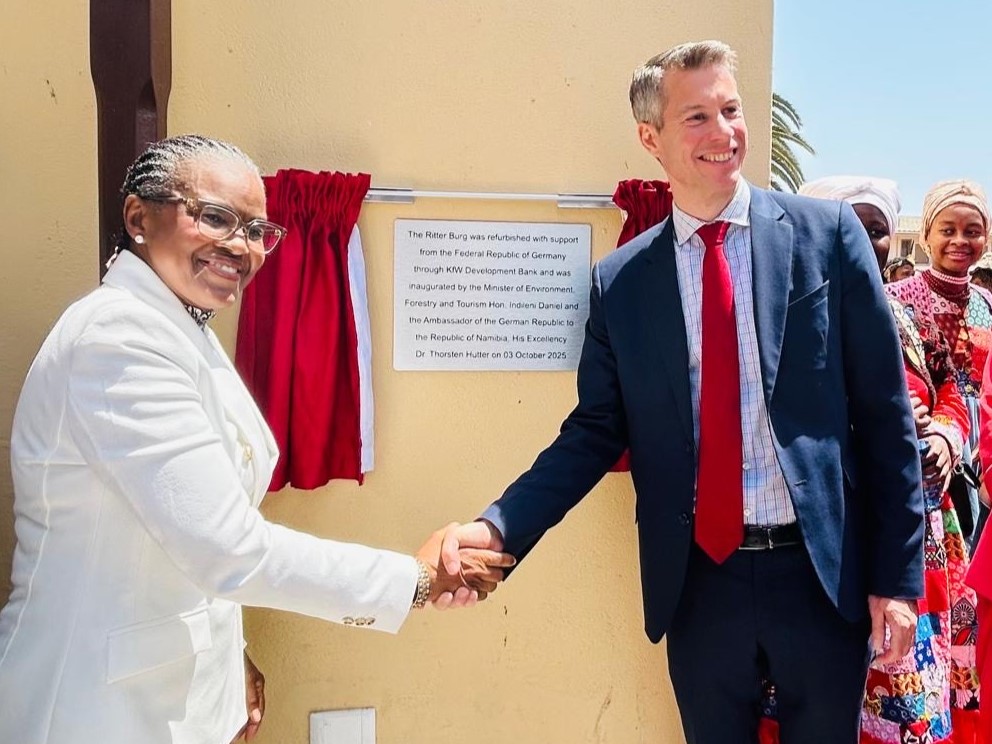
Staff Reporter
THE Ministry of Environment, Forestry and Tourism (MEFT) officially inaugurated two key facilities in Swakopmund — the refurbished historic Ritterburg building and the newly established Erongo Regional Office — marking a major step in the decentralisation of environmental services in the Erongo Region.
The event symbolises the Ministry’s commitment to strengthening regional operations, improving service delivery, and promoting sound environmental governance.
The renovation of the iconic Ritterburg building, a heritage landmark in Swakopmund, was financed by KfW on behalf of the German Development Cooperation, with co-funding from the MEFT. The refurbishment, valued at approximately N$2.4 million, included extensive restoration work on the building’s exterior to preserve its cultural and architectural integrity while enhancing the visibility and accessibility of the MEFT’s park management services.
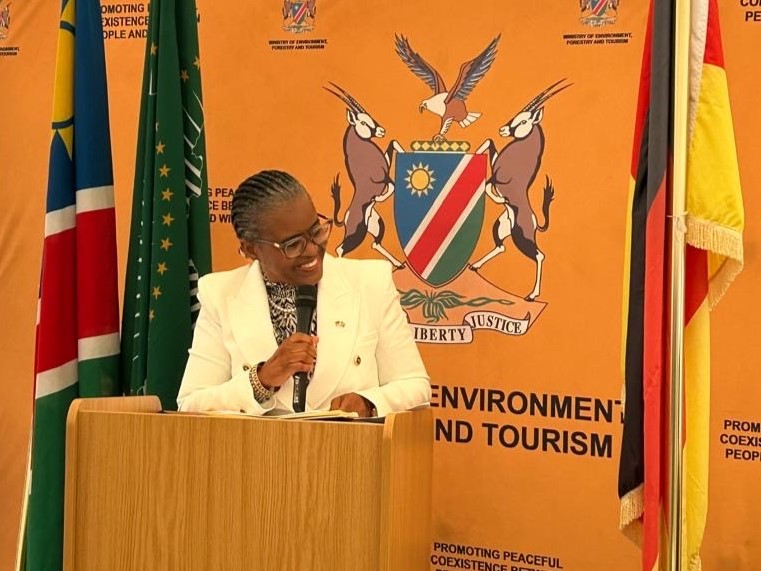
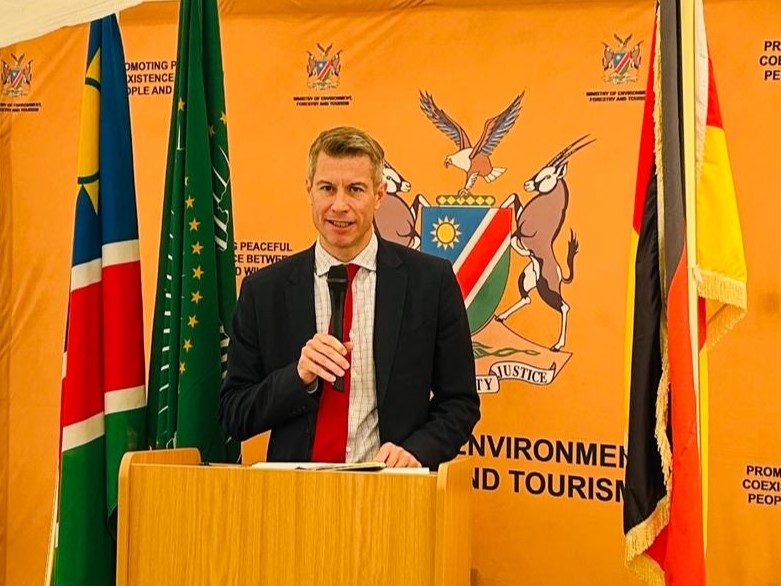
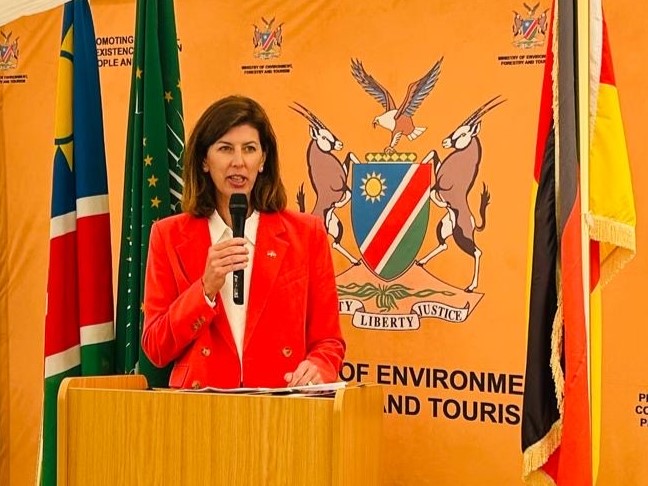
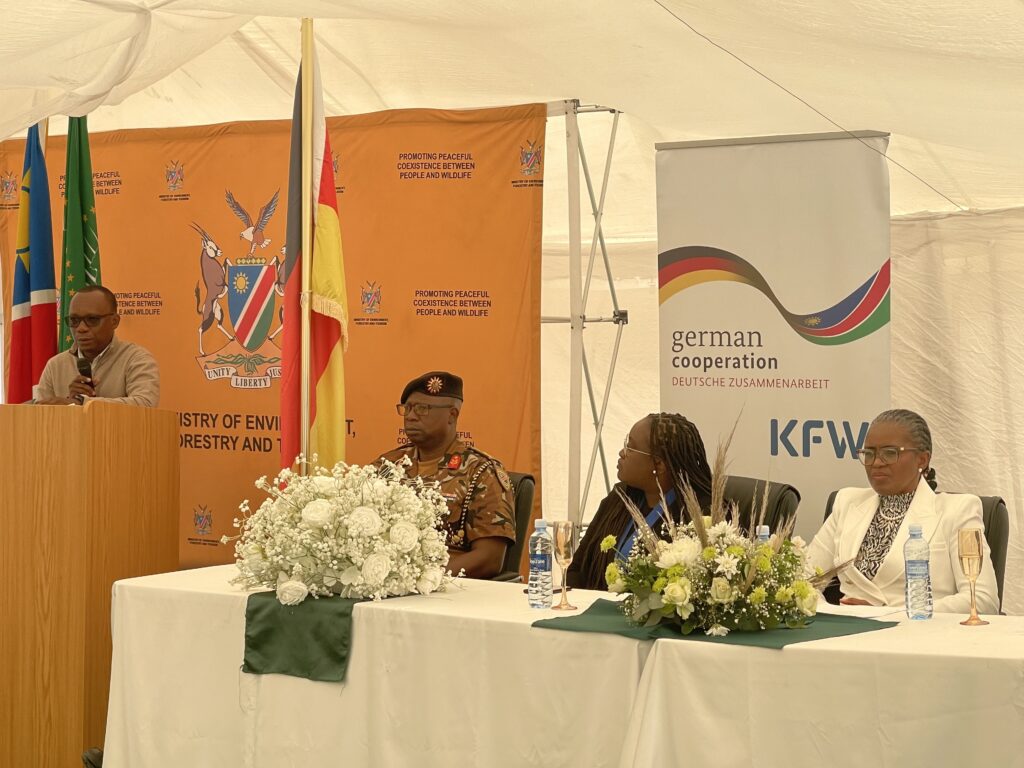

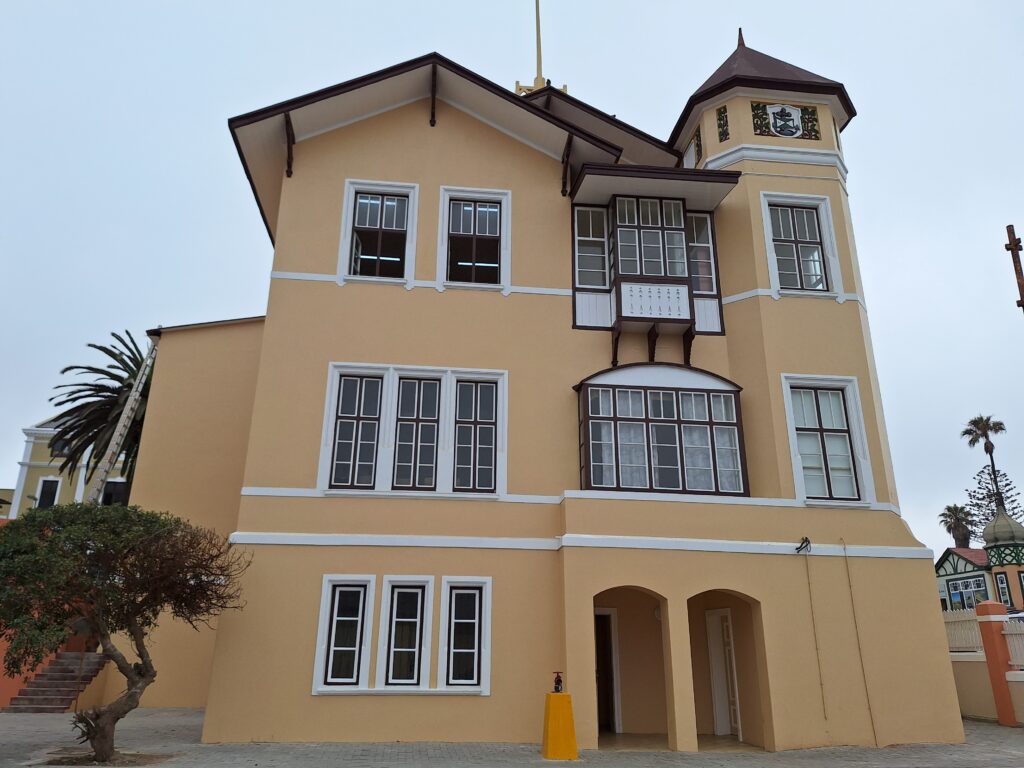
Alongside the refurbishment, the Ministry also inaugurated its new Erongo Regional Office, which will provide comprehensive services related to environmental and park management as well as tourism promotion. The facility aims to strengthen the Ministry’s regional presence and improve engagement with the public, stakeholders, and conservation partners.
The ceremony was officiated by the Minister of Environment, Forestry and Tourism, Indileni Daniel, together with the Deputy Head of Mission of the Federal Republic of Germany to Namibia, Florian Seitz. The event highlighted the strong collaboration between the Governments of Namibia and Germany.
This year marks 35 years of German–Namibian development cooperation, a partnership rooted in trust and shared commitment to sustainable development. Since Namibia’s independence, the German Federal Government, through its implementing agencies KfW, GIZ, and BGR, has contributed more than N$32 billion (EUR 1.6 billion) in bilateral financial and technical support.
Namibia continues to receive the highest level of bilateral official development aid per capita on the African continent, with Germany also contributing about 20% of the European Union’s development cooperation funds allocated to the country.


